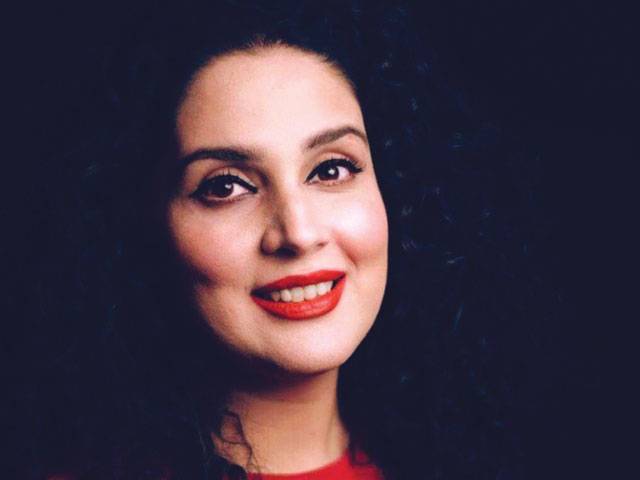mariah suleman
Open your Insta handle or Facebook account, your newsfeed will be full of pictures that unintentionally incite envy. The young men and women seem lost in their designer clothes, dwarfed by their possessions, as if ownership has gone into reverse. They want to impress and sometimes they do, but they also reek of desperation or social anxiety. The society we live in does not only suffer from physical ailments and financial problems, but also from this desire of being accepted and it seems as if we are carrying the haul of Chanel, Dior and Hermes shopping bags piled on our backs.
We see pictures captioned “shoppy shoppy” and “#goldrush,” but a photograph whose purpose is to illustrate plenty seems instead to depict a void. All this and still it seems that we are saturated with despair. Perhaps I am projecting my prejudices. But even research says that excessive materialism is both socially destructive and self-destructive. Using possessions as a yardstick of success and seeking happiness through acquisition – are the varieties that seem to be on display on everyone’s Instagram, Facebook and at social gatherings.
Materialism forces us into comparison with the possessions of others, a race both cruelly illustrated and crudely propelled by social media. There is no end to it. If you have four Rolexes and four Berkin bags, while another has five, you are one Rolex and Berkin short of contentment.
It is true that materialism is a very natural part of being human and that people develop materialistic tendencies as an adaptive response to cope with difficult situations, worries and even social acceptance. It is okay to have desires, buy things and have a love for latest trends, but letting that define who you are is self social mutilation. I understand that telling people to be less materialistic is like telling people that they should not enjoy or eat fatty junk foods. So there is no point telling them to stop because it comes naturally, instead we should help ourselves and others around us to learn how to control impulses, because underlying desires cannot be removed and it is not even fair to expect desires to vanish in thin air.
Part of it is not even our fault. There is this conditioning through advertising that make us buy a product, even if we do not need that thing, we will try and buy it. For example designer lawns – It is easy to see how this example extrapolates out into buying summer clothes other than branded lawn. The human brain is easily highjacked by brands and their marketing. Lastly, there is social media. Majority of us use social networks to help make buying decisions. Just recently, I saw beautiful planters on Facebook and bought a trio. They are awesome. Because social media platforms have so much information about us, it is easy for companies to use targeted marketing to sell to us. We are targeted by location, demographics, our interests, and even our behaviours. If we add up the cost of all the crap we simply had to have that is now sitting in a closet or store, taking up space both mental and physical, collecting dust, unused, we could probably shave years off our working life and save that money instead to invest in experiences. It is a sobering realisation. If you cannot quite come to grips with the idea of buying less, think of it in terms of working less or saving more. In chasing this goal of happiness, we should not only strive to buy less stuff we do not need, but should strive to work less so we can relax.
I am not telling you not to spend money on anything apart from the bare necessities because I myself suffer from impulse shopping. But I have realised that if we want to buy happiness, we can use the same money to buy experiences, holidays, rather than things. Saving money for a concert ticket or tickets to your favourite sport make us happier than buying something like a new outfit or bag that may go unused for months. When you buy an experience, you buy anticipation, excitement, often a shared experience with a loved one, and memories. When you buy a thing, well, you have a thing, and, that is it. Maybe our goal should not even be to save money; maybe our goal should be to save ourselves and our happiness. Now it is a personal choice, what gives happiness to us; an outfit to show off for an hour or an experience to remember for life. I personally want to wear my favourite outfit and that hot pair of shoes and go out for an experience to remember for a lifetime, but then again, we cannot have it all.
– The writer is a lawyer and an entrepreneur






